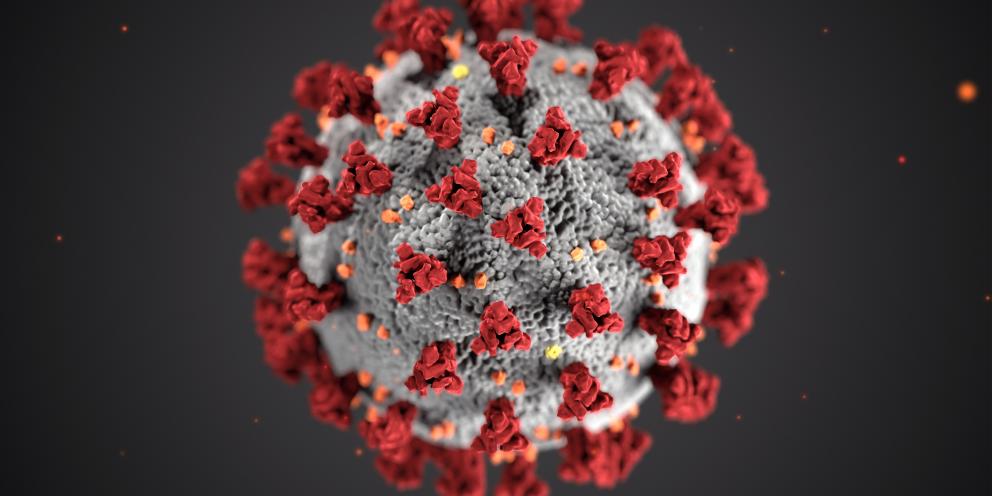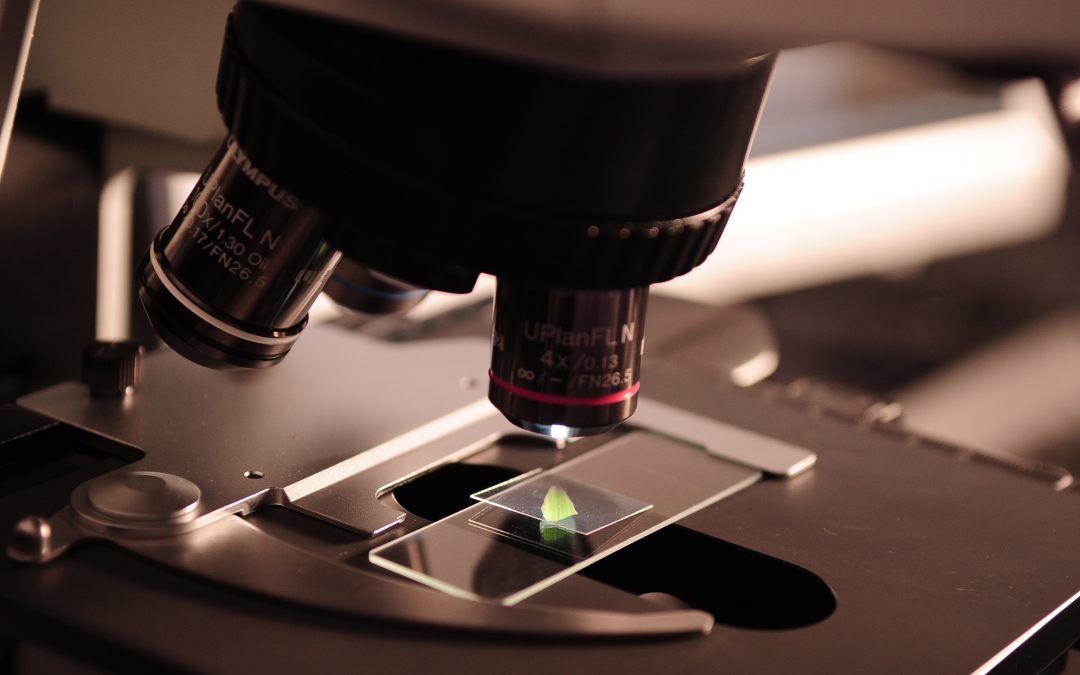
by BSPGHAN | Mar 18, 2020 | News
Dear BSPGHAN members
I trust that this message finds you and your families well.
I will try to provide updates if I receive advice which will help members plan services and support challenges due to workforce shortages.
Speciality specific advice
Please see COVID-19: BSG and BASL advice for healthcare professionals in Gastroenterology and Hepatology for speciality advice on Covid 19 for healthcare professionals in Gastroenterology and Hepatology.
General advice
There is likely to be several changes in the guidance over this week and follow the most up to date guidance from https://www.england.nhs.uk/coronavirus/ and specifically for your area, see the following links Public Health England, Health Protection Scotland, Public Health Wales and Public Health Agency Northern Ireland.
Paediatric advice
The RCPCH are monitoring the evolving public health challenge of COVID-19 – and the risks and impacts on members and the wider child health workforce, and on children and young people. They have produced guidance for paediatric services and links to information from statutory bodies in all UK nation.
What we know so far
We know that children of all ages in China were susceptible to COVID-19. Clinical manifestations of pediatric patients were generally less severe than those of adults’ patients. We do not know which groups are at more at risk than others , but young children, particularly infants, underlying pulmonary pathology, and immunocompromising conditions have been associated with more severe outcomes with non- COVID-19 coronavirus infections in children. Paediatrics. 2020; doi: 10.1542/peds.2020-0834
Advice for families
Patients should continue following regional safety netting advice if parents are worried that their child is unwell.
Currently, national advice should be followed regarding attendance at school, need for testing or attendance at hospital for assessment
People should now avoid non-essential contact and to stop all unnecessary travel.
Local and regional paediatric services are putting in place detailed plans to treat and support all children who have severe COVID-19 infection. There is a national plan in place for the management of children requiring intensive care management (PICU). NHS Trusts are working in conjunction with the Regional and National NHS Command Structure, to agree what support to the wider NHS will look like and to free up capacity for care, including intensive care beds.
What BSPGHAN is doing
BSPGHAN is linking with key stakeholders rapidly to protect patients who we suspect may be more vulnerable to the knock on effects of the pandemic on healthcare resources.
The risk may increase over the coming days and disruption to routine delivery of care will affect all patients .
- Home parenteral nutrition patients
The HPN National Framework in England is coordinating an action plan for hospital teams and home care providers and is preparing a statement for professionals and patients, to include children. It is envisaged that there will be a coordinated plan for potential disruption to home and hospital PN compounding, deliveries and supply and home care services. Home PN teams are already in touch with patients advising that there will be notified about changes in the way services are delivered.
- Liver and intestinal Transplant patients – Please look at advice British Transplantation Society
- IBD patients We have linked in with the BSG and we are exploring if a national coordinated response can be given from NHS E to secure access for children on biological therapy, and their routine blood monitoring. I will keep you updated when more advice becomes available. See the BSG COVID-19 Guidance and Advice Knowledge Hub and BSG and BASL COVID-19 Advice for Healthcare Professionals in Gastroenterology and Hepatology.
- Endoscopy teams are advised to follow national guidance for reducing transmission of infection with COVID19 but also agree their local protocols and policies in collaboration with management, Infectious disease or Infection Control teams (see BSG link for their advice on cancellation of endoscopy https://www.bsg.org.uk/covid-19-advice/).
Research
Please see linked here a statement about the impact of COVID-19 on research funded or supported by NIHR.
The priority is the safety of our patients and health professionals and families. BSPGHAN has cancelled the annual trainees and associates’ meeting in May. We are all now working in different ways, running virtual clinics, prioritising essential versus non-essential contacts, cancelling elective theatre lists and redeploying staff.
As advised, individual treatment plans will need to be made between the patient, family and physician.
Sue Protheroe
President 17 March 2020

by BSPGHAN | Mar 15, 2020 | News
Dear members I trust that this message finds you well. I am writing to notify you that following guidance, we have taken the decision to cancel our annual trainees and associates meeting in May. The priority is the safety of our staff, patients and families. Trusts will be running incident management teams to deal with local issues and prioritising delivery of care.
To access regular advice, please see the RCPCH guidance for paediatric services with links to information from statutory bodies in all UK nations that will be regularly updated. I have contributed to advice being prepared to plan for services for our patients and to support challenges that will be faced by our workforce.
Please check the daily NHS England advice for health professionals at https://www.england.nhs.uk/coronavirus/ .
Please see COVID-19: BSG and BASL advice for healthcare professionals in Gastroenterology and Hepatology for speciality advice on Covid 19 for healthcare professionals in Gastroenterology and Hepatology.
Sue Protheroe President 15.3.20

by BSPGHAN | Feb 29, 2020 | Quality Standards
Dear members
I would like to personally thank the PGHAN Audit Steering Group, co chaired by John Fell and Ed Gaynor, Calvin Down from the RCPCH and all colleagues across the UK who have put time and effort into collecting and submitting information for the audit. This work continued to completion during the incredibly challenging circumstances of the COVID-19 pandemic.
This report, published jointly by The British Society of Paediatric Gastroenterology, Hepatology and Nutrition (BSPGHAN) and the RCPCH, highlights the main findings and recommendations identified through an audit of the provision of paediatric gastroenterology, hepatology and nutrition services for infants, children and young people with a wide range of conditions across the UK. Its recommendations offer healthcare professionals and providers expert guidance to drive improvement where needed.
The News page is here: https://www.rcpch.ac.uk/news-events/news/paediatricians-launch-landmark-report-gastrointestinal-liver-nutritional-disorders
Download your copy of The PGHAN/Audit report
Download Summary of the PGHAN/ Audit report
Also see tweets https://twitter.com/RCPCHtweets/status/1471489611054551041
Sue Protheroe
BSPGHAN President 2019 – 2022

by BSPGHAN | Feb 23, 2020 | IBD, Research
Why is this project being done?
A recent project has investigated every RCT in IBD in both adults and children published globally since 1996 (the year the first publication guidance in the CONSORT statement were released). We found that 20% of studies have no sample size estimate to guide how many patients should be recruited to the project. However, for the studies that did calculate power, they used variable and often highly spurious figures of the difference between groups that they expected which leads low numbers of patients included. This has left many studies underpowered and impacts the entire evidence base, as we often see when completing systematic reviews. Guidance, based on actual observed effect sizes, could support trial designers and most importantly ensure funded studies are completed to an appropriate power.
What will participation involve?
We will ask you to attend a face to face session in one of five locations across the UK for approximately 2-4 hours with 5-12 other professionals working within IBD. We will present the actual data for effect size seen over trials in a number of different settings, categorised by disease (UC or CD), current state of activity (induction or remission studies), specific agents of study and age of patients. We will then ask you, based on the actual data presented and the quality and certainty of that data, to estimate what you would think a minimum and maximum likely effect size would be for a trial in a similar setting. Once all the sessions are complete, you will be invited to participate in a second and third stage online, consistent with a Delphi approach. This will present the data from all the sessions analysed and allow a national expert consensus to be reached and this paper published.
Who can get involved?
We are looking at a range of professionals involved with the care of IBD. This can involve consultants, specialist nurses, researchers and indeed patients. We are particular keen on those who have practical experience with a range of treatments with their patients and the success rates / impact of these with their patients, as this will allow practical expert view to enhance the decision making based on the data we represent. No research experience is needed.
Can you tell me more about the face to face session?
These will take place in February and March 2020 in London, Cardiff, Glasgow and Preston. We will have a local meeting space and provide refreshments and also reimburse travel up to £60.
How else can I get involved?
If participants are keen to support this work, they can discuss with our team and potentially support the analysis and write up of the project. We also invite anyone involved in this and other Cochrane works to contact us.
If you are interested in getting involved, please contact mgordon@uclan.ac.uk



